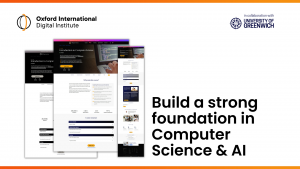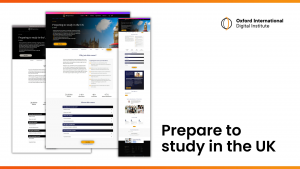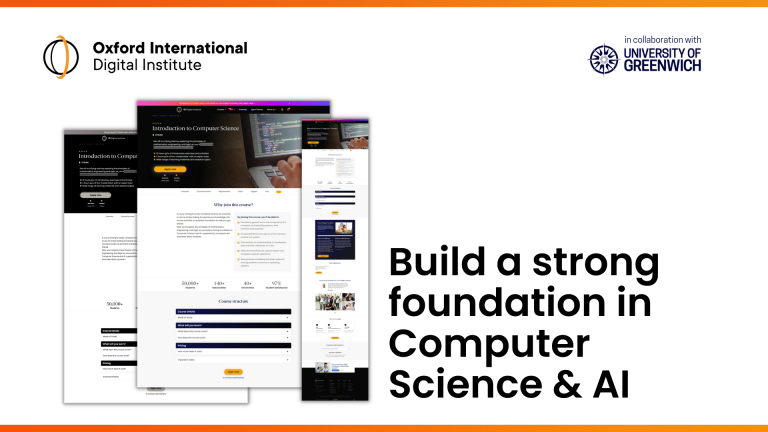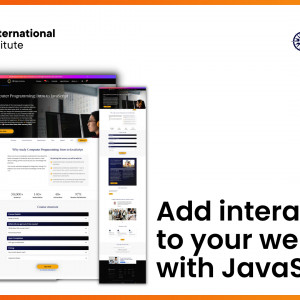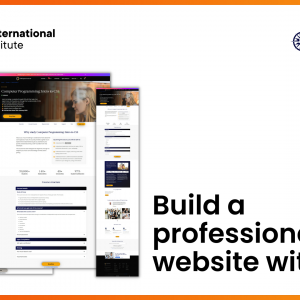Whether you plan to study Computer Science or a related subject at University, or you’re simply looking to expand your knowledge, this course provides an excellent foundation for building your understanding of key principles and acts as a stepping stone to take your career in a more technical direction.
Specially designed to take you through all the technical aspects of computing, with detailed explanations by one of our expert tutors. It will equip you with the knowledge to pursue more complex courses such as programming, electronic engineering and operating system design.
Upon completion of this course, you’ll be able to:
- Describe in general terms the components of a computer and its main functions
- Describe the differences between various computing hardware components such as RAM, ROM, input and output devices and other peripherals commonly found in a computer system
- Understand and apply data types used in computer science and perform binary addition, subtraction and explain the role of overflow
- Recognise and manipulate logic gates and logic circuits to perform Boolean algebra operations
- Provide definitions and uses of a CPU, memory, and the bus system
- Demonstrate an understanding of assembly code and practise programming a simple processor
- Utilise the Fetch/Execute cycle to explain how computers execute operations
- Understand the differences between different types of processors and their real-life applications
- Discuss the main features of operating systems and their types
- Write your first program using the Python programming language
